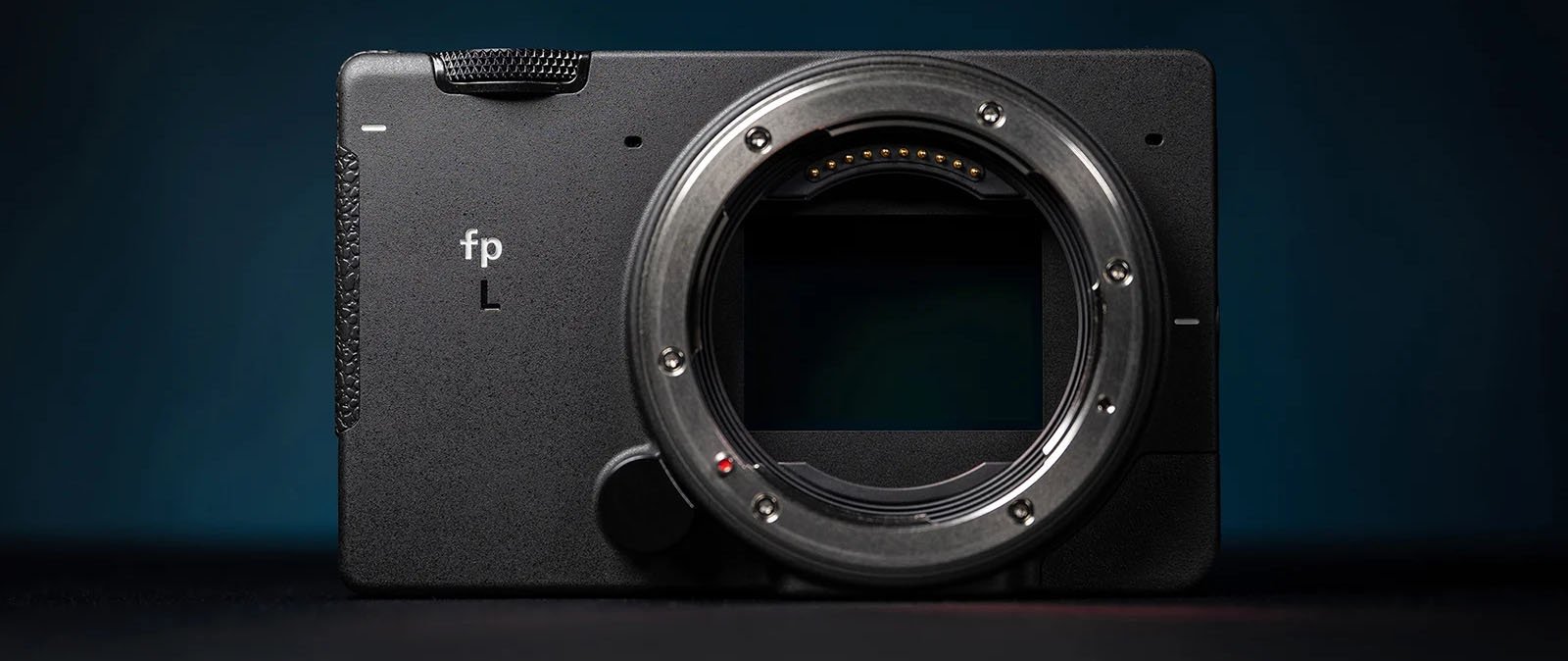Japanese YouTube channel Process X has delivered a great Christmas present to camera enthusiasts everywhere — a nearly 12-minute long video showing how Sigma makes its fp cameras, the world’s smallest and lightest full-frame interchangeable lens camera.
Following last month’s video showing how Sigma makes various lenses, the new behind-the-scenes tour shows how Sigma designs, machines, and assembles all the components of its fp and fp L cameras.
The Sigma fp incorporates a 24.6-megapixel full-frame image sensor, while the fp L uses a 61-megapixel sensor. Each camera shares a body design, so the primary difference between the two is the sensor and the various specs that follow from the resolution rift.
A lot goes into making a camera, including years of careful designing and planning and creative engineering. As cameras get more advanced and offer more sophisticated features, the demands on engineers only get greater.
The design is only one part of the equation. Even after a camera’s specifications and required parts have been finalized, the camera must still be produced and assembled. Each part is tested, including precise 3D measurements of the body and internal chassis, and then expertly put together.

There is a lot to it that is easy to take for granted, like printing and painting information and symbols on the camera’s exterior panels, testing all the ports, calibrating the image sensor and focal plane, testing the lens mount, testing the hot shoe, verifying firmware, and much more.
In the case of the Sigma fp and fp L, which are blocky cameras designed with modularity in mind, Sigma employees must also build and test optional accessories, like the add-on electronic viewfinder.
While cameras like the Sigma fp L are expensive, costing $2,500 for the body only and $3,000 for the kit with the EVF-11 electronic viewfinder, given how complex cameras are, it is almost a wonder that they don’t cost more. The lower-res Sigma fp is much more affordable, currently retailing for $1,500.
For even more factory tour goodness, PetaPixel also featured a Fujifilm factory tour earlier this year that shows how the company builds X and GFX cameras, numerous photography lenses, and Fuji’s famed Fujinon broadcast optics.
